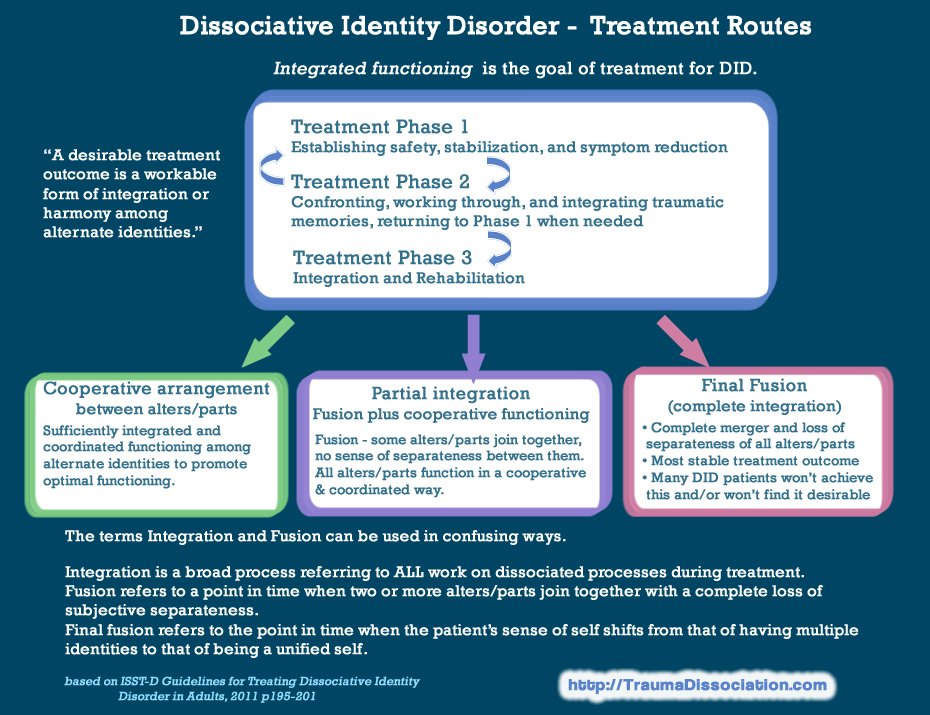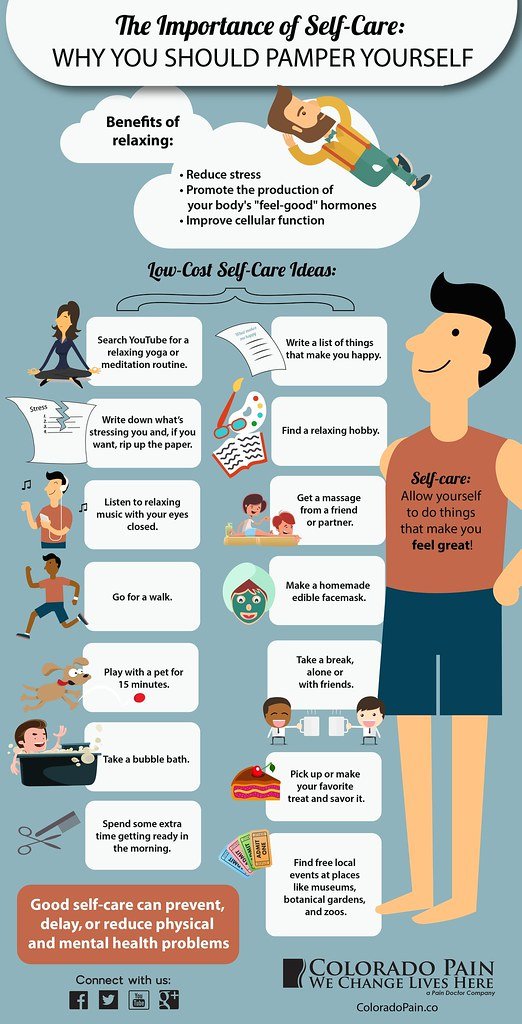The fluttering wings of motherhood carry an exquisite blend of joy, unwavering love, and overwhelming responsibility. However, nestled amidst this rapturous journey, lie the tumultuous tide of postpartum mood swings. As the cradle sways between euphoria and despair, many new mothers find themselves engulfed in a sea of emotional turbulence. Fear not, for this article unravels an enchanting palette of techniques, guiding you through the labyrinthine path of postpartum mood swings. Let us embark on this transformative expedition together, as we navigate the ebbs and flows of emotions to help you anchor yourself amidst the tempestuous waves.
Table of Contents
- Recognizing the Signs: Understanding Postpartum Mood Swings
- Navigating the Rollercoaster: Coping Strategies for Postpartum Mood Swings
- Building a Support Network: A Crucial Step in Managing Postpartum Mood Swings
- Self-Care: Prioritizing Your Well-Being during Postpartum Mood Swings
- Seeking Professional Help: When and How to Consult a Healthcare Provider for Postpartum Mood Swings
- Q&A
- Future Outlook

Recognizing the Signs: Understanding Postpartum Mood Swings
As a new mother, your emotional journey can be as intense as the physical changes you experience. Postpartum mood swings are a common phenomenon that many women face after giving birth. It’s essential to recognize and understand these emotional fluctuations to ensure a smoother transition into motherhood.
Postpartum mood swings can manifest in various ways, including:
- Intense Emotions: Feeling an overwhelming surge of emotions, ranging from joy to sadness, within a short period.
- Irritability: Becoming easily frustrated or agitated over trivial matters.
- Anxiety: Experiencing persistent worry or fear, often concerning the safety and well-being of your baby.
- Exhaustion: Feeling physically and mentally drained due to lack of sleep and the demands of caring for a newborn.
It’s important to remember that postpartum mood swings are a normal part of the adjustment process and are typically caused by hormonal changes, sleep deprivation, and the stress associated with caring for a newborn. However, if these mood swings persist for an extended period or start to interfere with your daily functioning, it is crucial to seek support from healthcare professionals.

Navigating the Rollercoaster: Coping Strategies for Postpartum Mood Swings
As a new mother, experiencing mood swings after giving birth is completely normal. Your body undergoes significant changes, both hormonally and emotionally, which can lead to a rollercoaster of emotions. While it can be overwhelming, there are coping strategies that can help you navigate through this challenging time.
Self-Care
First and foremost, prioritize self-care. Take time for yourself each day, even if it’s just for a few minutes, to do something that brings you joy or relaxation. This could be taking a warm bath, practicing deep breathing exercises, or indulging in a good book. Remember, taking care of yourself is just as important as taking care of your little one.
Support System
Build a support system around you. Surround yourself with people who understand and empathize with what you’re going through. This can include your partner, family members, and friends. Don’t hesitate to reach out for help when you need it, whether it’s for emotional support or practical assistance. Remember, you are not alone on this journey.
Exercise and Healthy Eating
Engaging in regular physical activity and maintaining a healthy diet can significantly impact your mood. Exercise releases endorphins, also known as “feel-good” hormones, which can help lift your spirits. Additionally, fueling your body with nutritious foods will provide you with the energy and nutrients needed to cope with mood swings. Incorporate exercises you enjoy, like walking or yoga, and opt for well-balanced meals filled with fruits, vegetables, whole grains, and lean proteins.

Building a Support Network: A Crucial Step in Managing Postpartum Mood Swings
Building a Strong Support Network: Nurturing Your Emotional Well-being After Childbirth
Welcoming a new life into the world can be an extraordinary experience, but it also comes with unique challenges for new mothers. Balancing the demands of caring for a newborn while adjusting to the physical and emotional changes after childbirth can sometimes lead to postpartum mood swings. These mood swings can range from mild fluctuations in emotions to more severe symptoms of anxiety or depression.
One crucial step in managing and navigating through the ups and downs of postpartum mood swings is building a reliable support network. Having a strong circle of family, friends, and professionals can provide the emotional support, guidance, and validation you need during this transformative time. Here are some effective strategies and insights for building your support network:
- Communicate openly: Share your feelings and experiences with trusted individuals who can offer understanding and empathy. Honest communication promotes a deeper connection and allows others to better support you.
- Reach out to loved ones: Lean on family, friends, and partners for both practical and emotional support. Whether it’s assistance with household chores or a shoulder to lean on, having loved ones by your side can greatly ease the challenges of postpartum mood swings.
- Join a support group: Consider joining local or online support groups specifically tailored for new mothers. These communities can provide a safe space to share experiences, gain insights, and receive encouragement from those who truly understand what you are going through.
- Seek professional help: Don’t hesitate to consult healthcare professionals, such as therapists or counselors specializing in postpartum support. They can offer expert guidance, coping strategies, and therapeutic interventions to help alleviate the intensity of mood swings.
- Practice self-care: Prioritize your own well-being by engaging in activities that bring you joy and relaxation. Whether it’s enjoying a warm bath, going for a walk, or indulging in a hobby, taking time for yourself is essential for maintaining emotional balance.
Remember, building a supportive network is not a sign of weakness but a proactive step towards nurturing your mental health and overall well-being. Having a strong support system in place can offer valuable reassurance and remind you that you are not alone on this remarkable journey.

Self-Care: Prioritizing Your Well-Being during Postpartum Mood Swings
Welcoming a new life into the world is a beautiful and transformative experience. However, it’s important to acknowledge that the postpartum period can also bring about a rollercoaster of emotions, commonly known as postpartum mood swings. These emotional fluctuations can range from mild moodiness to more severe symptoms like anxiety, irritability, or sadness. As a new parent, taking care of yourself becomes vital, not only for your well-being but also for the well-being of your baby. Prioritizing self-care during this challenging time is essential, and here are a few tips to help you navigate through postpartum mood swings:
-
Reach out for support: It’s important to remember that you don’t have to go through postpartum mood swings alone. Reach out to your partner, family, or friends. Share your feelings and concerns with someone you trust. Talking openly about your emotions can provide much-needed relief and reassurance.
- Take time for yourself: As a new parent, it’s easy to get caught up in the demands of caring for your baby. However, don’t forget to carve out time for yourself. Whether it’s soaking in a relaxing bath, going for a walk, or indulging in a hobby, find moments throughout the day to engage in activities that bring you joy and help recharge your batteries.
-
Practice self-compassion: Remember to be kind and compassionate towards yourself during this period of adjustment. You’re doing an incredible job, and it’s normal to experience a wide range of emotions. Treat yourself with the same gentleness and understanding you would offer to a dear friend going through a tough time.
Seeking Professional Help: When and How to Consult a Healthcare Provider for Postpartum Mood Swings
Experiencing postpartum mood swings is a common occurrence for many new mothers. While fluctuations in mood and emotions are normal after giving birth, it’s important to recognize when these changes become overwhelming and disrupt daily functioning. If you find yourself struggling to cope with postpartum mood swings, it may be time to seek professional help. Here are a few signs that indicate it’s time to consult a healthcare provider:
- Persistent sadness or despair: If feelings of sadness, worthlessness, or hopelessness persist for more than two weeks, it’s crucial to seek help. These symptoms may be a sign of postpartum depression, a medical condition that requires treatment.
- Extreme mood swings: While mood swings are expected during the postpartum period, if your emotions are fluctuating rapidly and are difficult to manage, it’s advisable to consult a healthcare provider. They can determine whether it’s normal hormonal changes or a more serious condition.
- Loss of interest or enjoyment: A sudden loss of interest in activities you once enjoyed, including bonding with your newborn, can be a concerning sign. If you no longer find pleasure in things that used to bring you joy, it’s time to seek professional guidance.
When reaching out to a healthcare provider, consider scheduling an appointment with your obstetrician, gynecologist, or primary care physician. They will have the expertise to assess your symptoms, provide a diagnosis, and offer appropriate treatment options. Remember, seeking help is not a sign of weakness but a courageous step towards ensuring your well-being and that of your baby.
Q&A
How common are postpartum mood swings?
Postpartum mood swings are very common, affecting up to 80% of new mothers. They are a normal part of the postpartum period and usually subside within a few weeks.
What are the main causes of postpartum mood swings?
Postpartum mood swings can be caused by a variety of factors including hormonal changes, lack of sleep, physical discomfort, and the emotional adjustment to motherhood. It is important to remember that these mood swings are temporary and will pass with time.
How can I cope with postpartum mood swings?
To cope with postpartum mood swings, it is important to prioritize self-care. Make sure to get plenty of rest, seek support from loved ones, engage in activities that bring you joy, and communicate your feelings openly with your healthcare provider.
Are there any natural remedies to alleviate postpartum mood swings?
While natural remedies may help some women, it’s important to consult with a healthcare professional before trying any herbal supplements or alternative treatments. Exercise, a balanced diet, and relaxation techniques like deep breathing or meditation can also provide some relief.
When should I seek professional help for my postpartum mood swings?
If you are experiencing severe mood swings that interfere with your daily functioning, or if you have feelings of hopelessness, persistent sadness, or thoughts of self-harm, it is important to seek immediate professional help. Your healthcare provider can provide appropriate support and treatment options.
Can postpartum mood swings affect the bond with my baby?
While postpartum mood swings can be challenging, they do not necessarily impact the bond with your baby. It’s important to remember that these mood swings are temporary and with time, you will adjust to your new role as a mother and develop a strong bond with your baby.
Is there anything my partner can do to support me during this time?
Absolutely! Your partner can provide emotional support, assist with household chores, and offer to take care of the baby to allow you some time for self-care. Communication is key—let your partner know how they can best support you during this period.
Will postpartum mood swings affect subsequent pregnancies?
Experiencing postpartum mood swings does not necessarily mean that you will have mood swings in subsequent pregnancies. Every pregnancy and postpartum period is unique. However, if you have a history of mood swings or mental health conditions, it’s important to discuss this with your healthcare provider before planning another pregnancy.
Future Outlook
As we wrap up our journey into understanding and managing postpartum mood swings, we hope you’ve found solace and comfort within these words. The path to motherhood is filled with incredible highs and unexpected lows, but it’s important to remember that you are never alone in this exploration of emotions.
Embrace the changes, dear reader, with open arms and a compassionate heart. For it is through acceptance and understanding that we can navigate the turbulence of postpartum mood swings with grace. Remember, dear mother, that these fluctuations are not a reflection of your worthiness or capabilities, but rather a natural part of the intricate tapestry of motherhood.
As you venture forth into this beautiful and challenging chapter, do not hesitate to lean on your support system. Communicate with your loved ones, share your feelings with healthcare professionals, and seek the guidance that you need. Remember, there is no shame in asking for help. In fact, it is an act of strength and self-care.
As days turn into nights, and nights into days, allow yourself the space to heal, both physically and emotionally. Prioritize self-care and nourish your soul with simple pleasures that bring you joy. Remember to cultivate patience and kindness towards yourself, dear reader, for you are doing a remarkable job. Allow your emotions to flow, like waves on the shore, knowing that they will ebb and flow in due time.
In this grand symphony of motherhood, it is vital to remember that you are not alone. Countless women have walked this path and emerged stronger and wiser. Embrace the transformative power of experiencing postpartum mood swings, for they can lead you towards a deeper understanding of your own resilience and capacity for growth.
So take heart, dear mother, and know that this too shall pass. Beneath the weight of these fleeting emotions lies the woman you were before, the woman you are now, and the woman you are becoming. Nurture that flame within you, and trust in your innate ability to weather any storm.
And so, we bid you farewell, dear reader, as you embark on the infinite voyage of motherhood. May you find strength, peace, and unyielding love amidst the beauty and chaos of this incredible journey. Remember, always, that you are enough, and you are worthy of every happiness that motherhood bestows upon you.
Adieu, and may your heart stay anchored in the unwavering tides of love.
As an affiliate, my content may feature links to products I personally use and recommend. By taking action, like subscribing or making a purchase, you’ll be supporting my work and fueling my taco cravings at the same time. Win-win, right?
Want to read more? Check out our Affiliate Disclosure page.